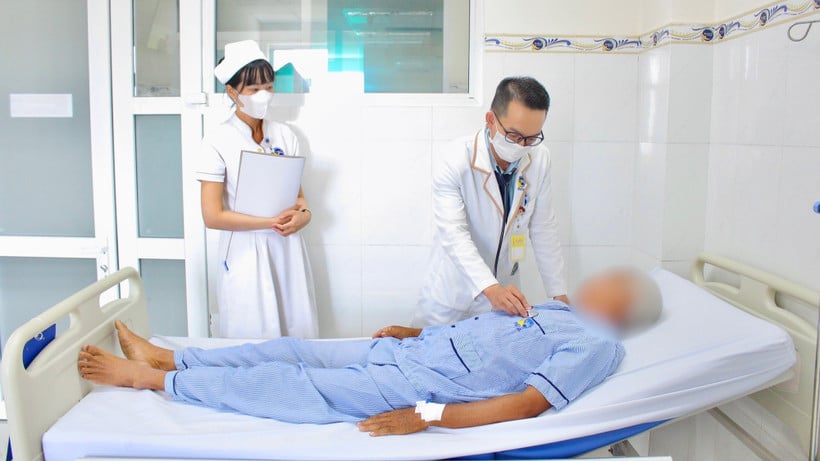
narrow escape
Doctors at Gia Dinh People's Hospital have just successfully performed an endoscopy to help a female patient escape danger due to an accident of getting a fish bone stuck in her throat while eating rice. Ms. P. said that at first, when the bone got stuck, she subjectively thought it would go away on its own. However, 3 days later, her body began to feel sharp chest pain radiating to her back, accompanied by fever. She went to the hospital for a check-up. The CT scan results showed that the bone had penetrated deep into the esophagus, causing a lung abscess. The medical team promptly performed an endoscopy to remove the sharp, 18mm-long foreign object.
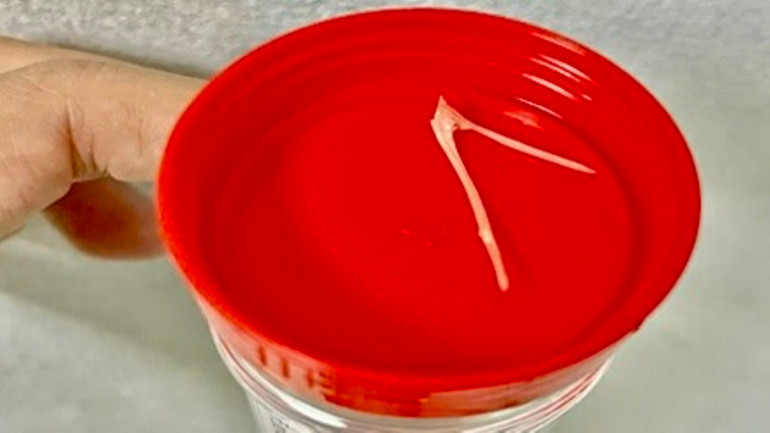
Doctor Ngo Quang Duy, Deputy Head of the Department of Digestive Surgery, Gia Dinh People's Hospital, shared his initial assessment: "This is a complicated foreign body choking situation because the bone is long, sharp, and located in a difficult-to-reach location. If it cannot be removed by endoscopy, open surgery will be required, which is more risky and costly."
Also at this hospital, doctors performed timely endoscopy and removed a chicken bone sample from the duodenum of a 47-year-old male patient.
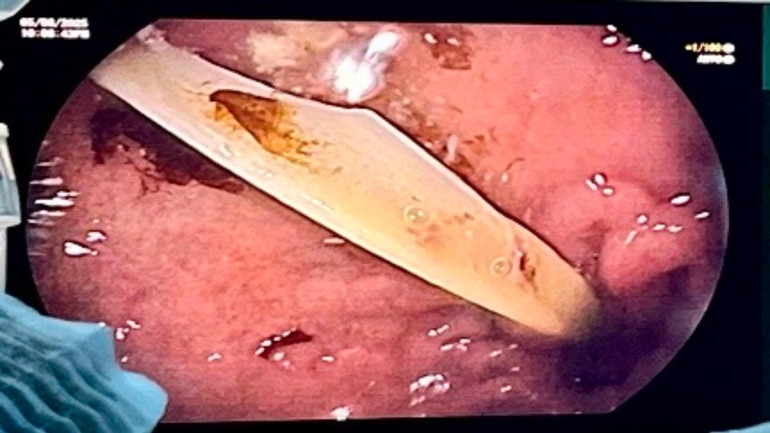
In fact, even a small bone sample that seems harmless can become a silent killer when it enters the digestive tract or respiratory tract, causing dangerous complications and threatening the patient's life if not treated promptly.
In another rare case, for nearly a year now, Mr. K., 56 years old, residing in Tay Ninh province, has been visiting many medical facilities to examine his persistent cough, but the situation has not improved. After much hesitation, his family took him to Xuyen A Long An General Hospital for a thorough examination.
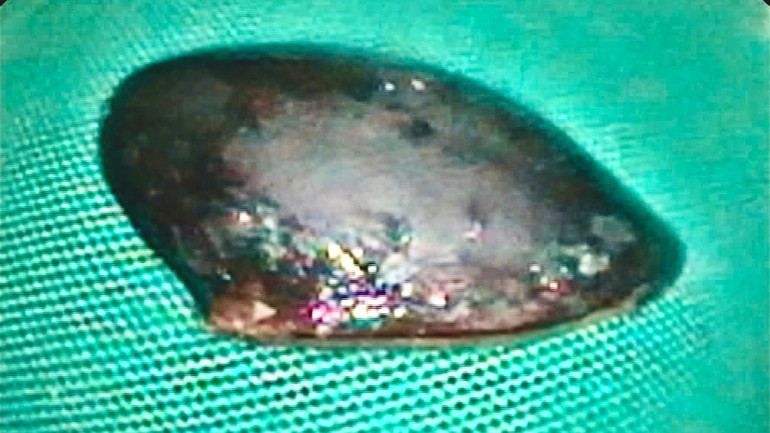
The results showed that in the patient's chest there was an oval-shaped foreign object, measuring about 5.5x7x14.5mm, located in the right bronchus. After an endoscopy, the doctors removed the foreign object, which was a fruit seed.
Doctor Truong Minh Hieu, Head of Endoscopy Department, Xuyen A Long An General Hospital said that the foreign object was located deep in the bronchus, surrounded by a white membrane, the surrounding mucosa was swollen and prone to bleeding.
"More dangerously, if left for a long time, the foreign object can stick firmly and deeply, causing serious consequences such as respiratory infections, lung abscesses, pleural empyema, bronchiectasis... These complications not only make treatment difficult but also have long-term effects on the patient's respiratory function," Dr. Hieu warned.
According to many hospitals in Ho Chi Minh City, accidents caused by choking on foreign objects have been quite common in recent times, affecting many age groups. For example, about 4 months ago, the City Children's Hospital received and promptly provided emergency care to a 22-month-old child who choked on a melon seed, causing his respiratory tract to be almost completely blocked, and a 5-year-old child who swallowed a magnet. Fortunately, both were promptly intervened by doctors.
Similarly, according to statistics from Children's Hospital 2, each year the Gastroenterology Department receives about 250-300 emergency cases related to ingested foreign bodies or children accidentally ingesting chemicals.
Not to be taken lightly
Doctors say that about 90% of foreign objects in the digestive tract can be naturally eliminated, but the rest, if stuck, can cause perforation, bleeding, abscesses, and digestive fistulas.
As for the respiratory tract, the danger level is higher because it can easily cause acute respiratory failure. In particular, many cases do not know that they have swallowed or inhaled foreign objects. When complications occur, they go to the doctor, making treatment difficult because the risk of sequelae is higher and also causing high costs.
In reality, the most vulnerable groups are those who have difficulty protecting themselves, such as children, the elderly, and people with underlying neurological diseases or cognitive impairment.
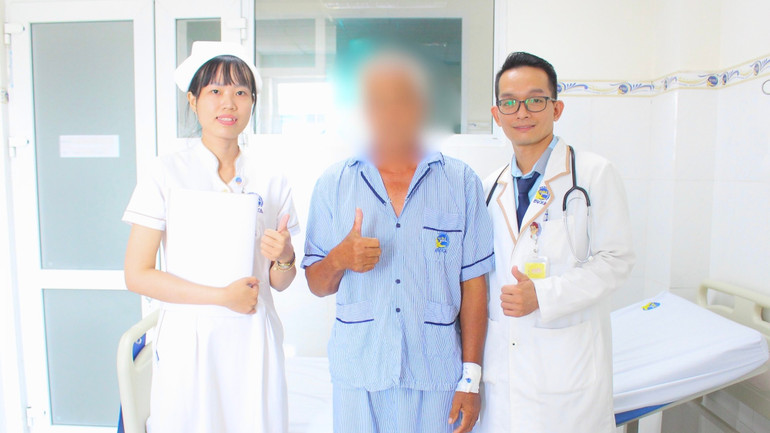
To prevent accidents caused by choking on foreign objects, Dr. Hieu noted: “Eat slowly, chew thoroughly, do not eat while talking, laughing or lying down. For young children, adults must supervise when eating, avoid giving children round, hard, small foods that can easily get into the airways or digestive tract. For the elderly who have difficulty swallowing, use soft or crushed foods.”
In case of detecting any unusual signs or symptoms after eating such as chest pain, difficulty swallowing, nausea, prolonged cough, etc., you should immediately go to a medical facility for examination. Especially, do not apply folk remedies to handle accidents.
Choking on a foreign object only happens in a split second, but the consequences will be severe if not handled promptly and properly. This type of accident spares no one, just a minute of carelessness or subjectivity can push the patient into a critical situation.
Disease prevention is therefore still the most appropriate and effective solution. Everyone needs to be careful right from the dinner table, and should equip themselves with knowledge to recognize abnormal signs so that they can act promptly in an emergency situation. This is considered the key to proactively protecting one's health.
Source: https://nhandan.vn/canh-bao-hiem-hoa-suc-khoe-tu-su-co-hoc-di-vat-post900826.html





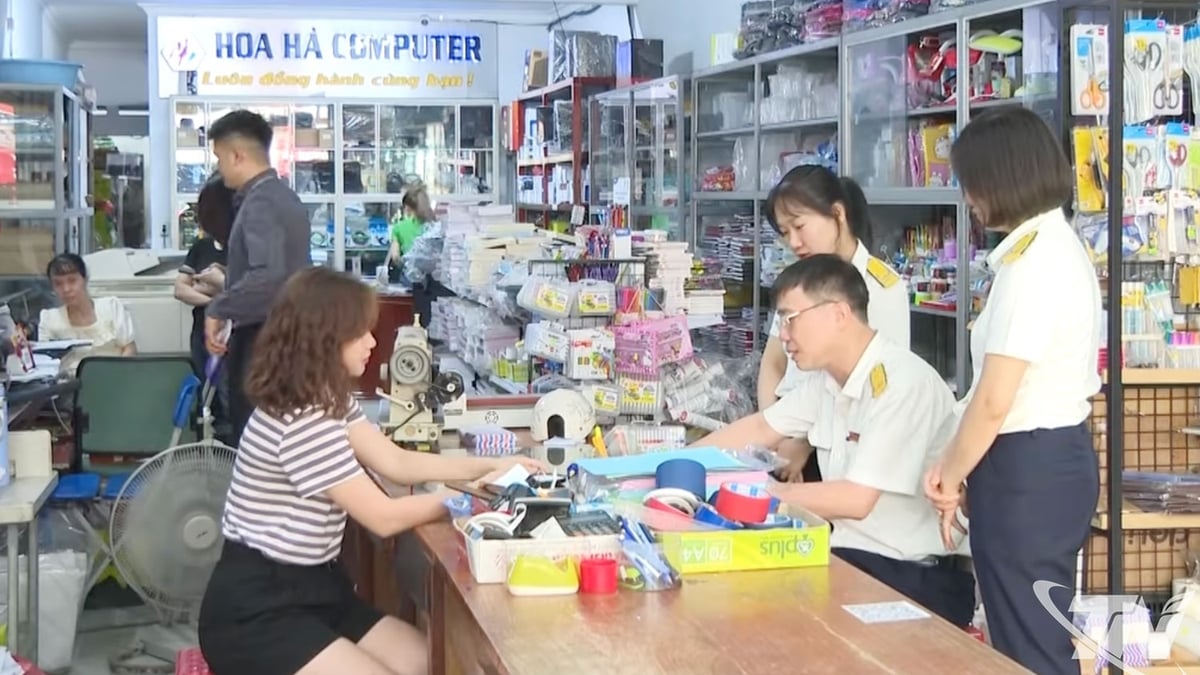

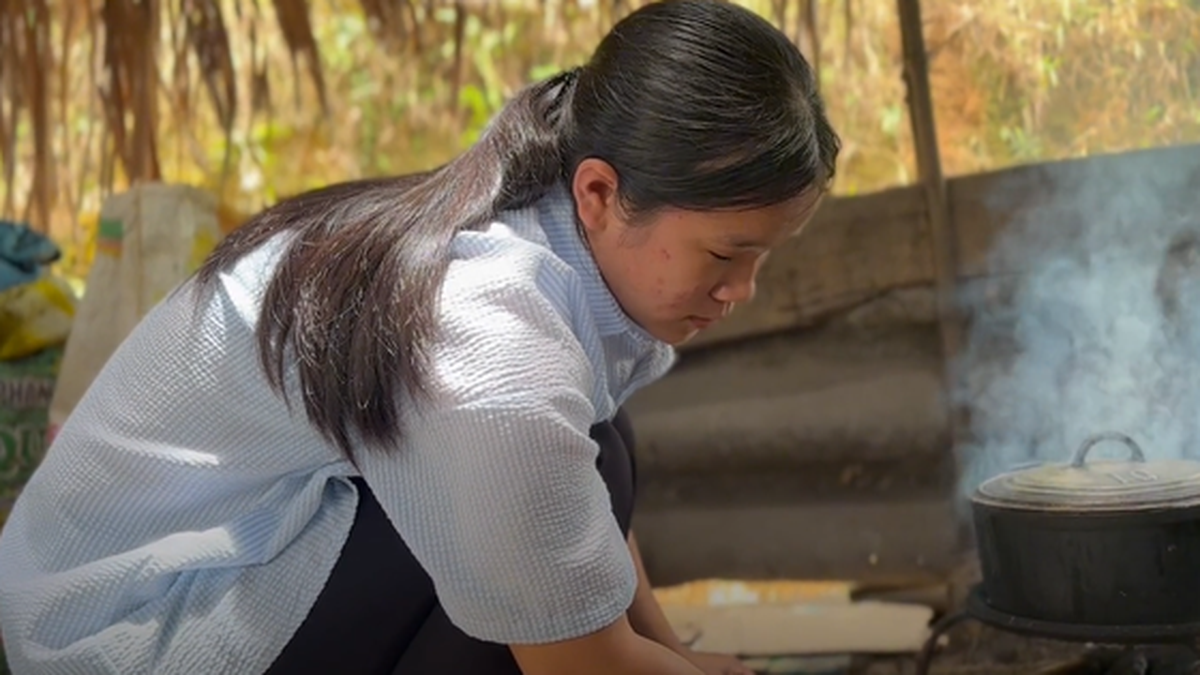

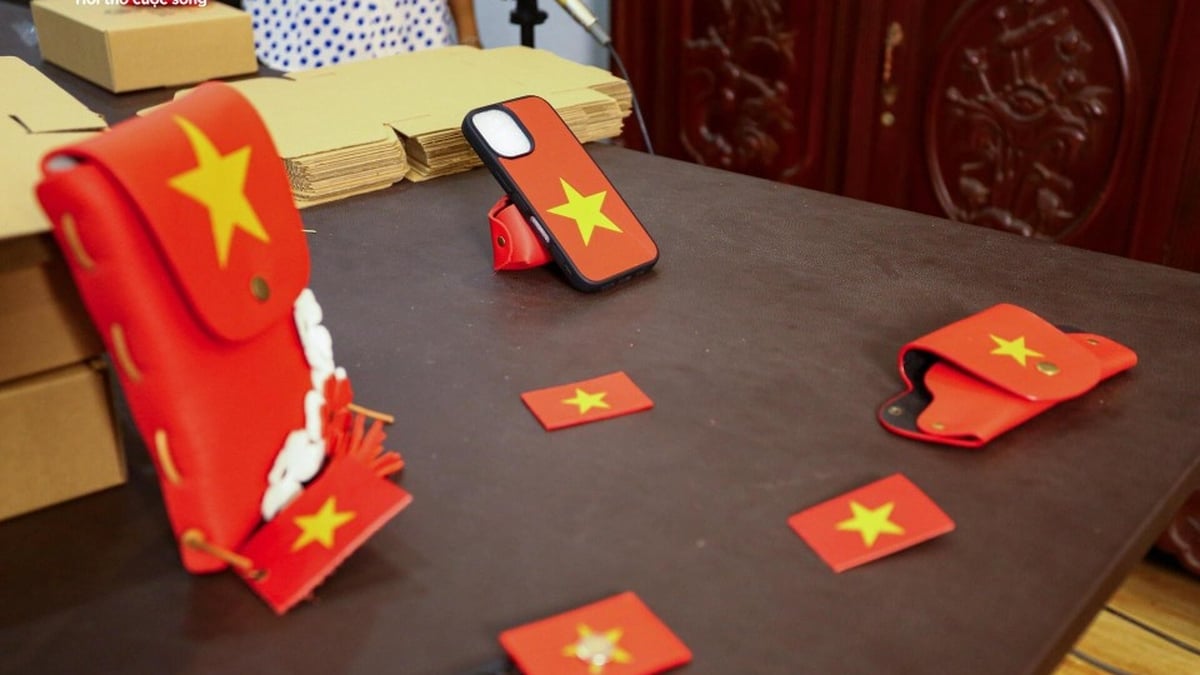
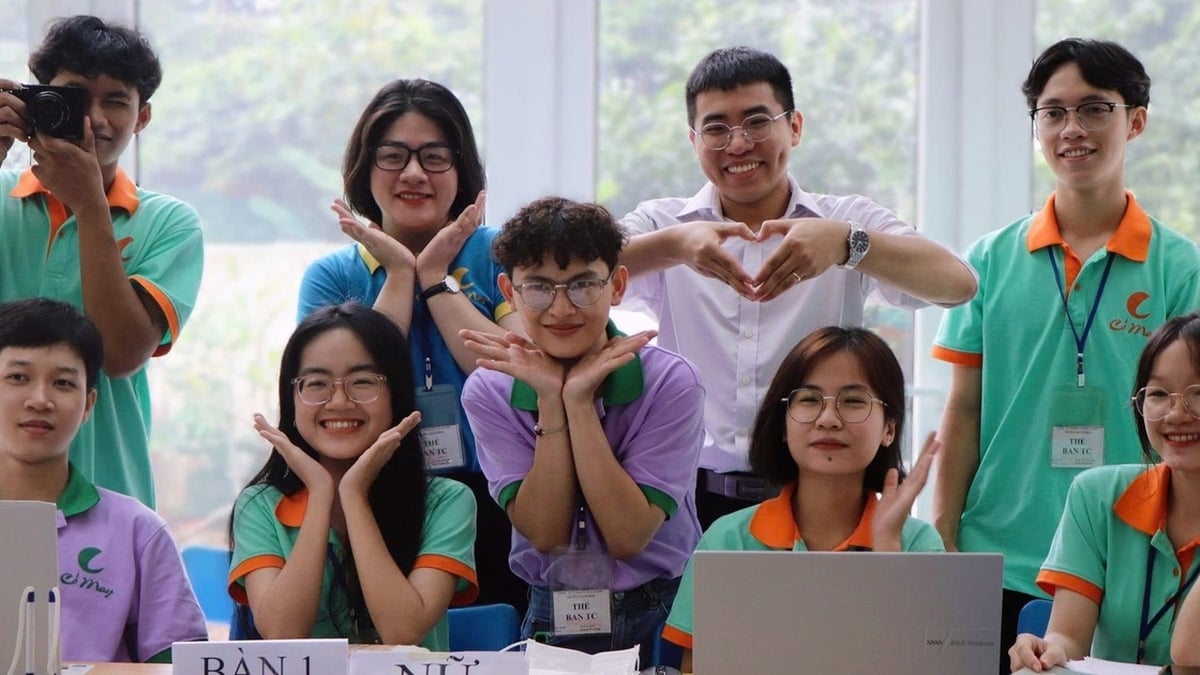
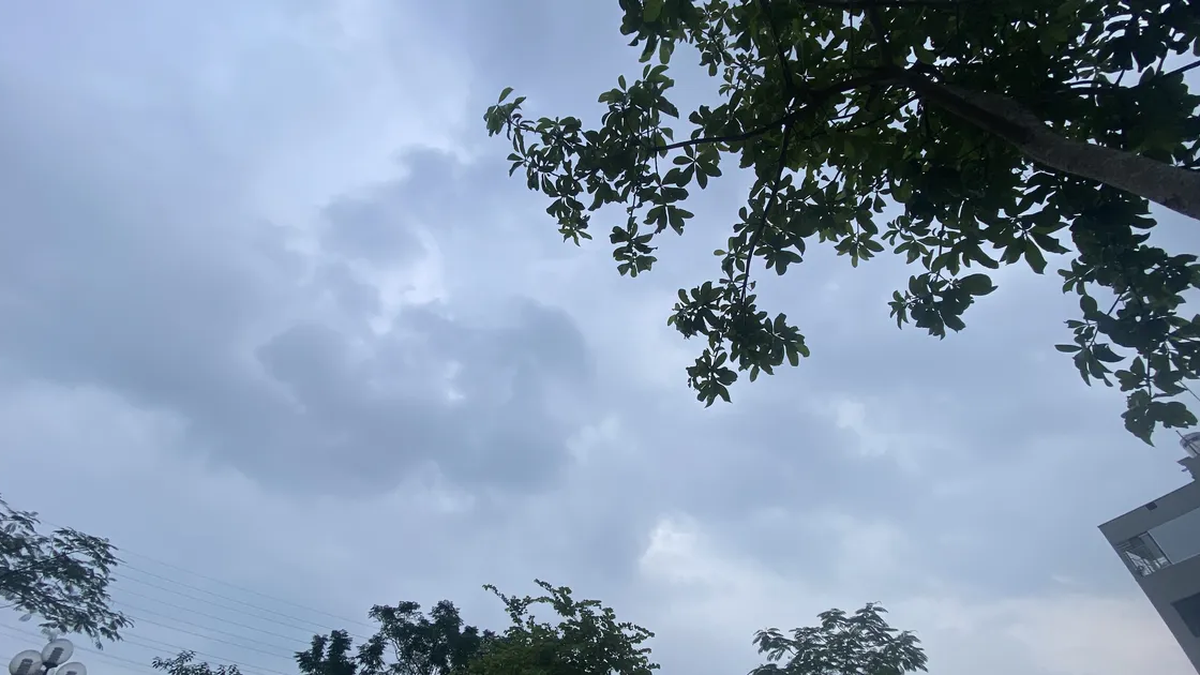










![[Photo] The special solidarity relationship between Vietnam and Cuba](https://vphoto.vietnam.vn/thumb/1200x675/vietnam/resource/IMAGE/2025/8/15/5f06c789ab1647c384ccb78b222ad18e)

![[Photo] Binh Khanh Bridge Ho Chi Minh City is ready to reach the finish line](https://vphoto.vietnam.vn/thumb/1200x675/vietnam/resource/IMAGE/2025/8/14/b0dcfb8ba9374bd9bc29f26e6814cee2)






![[Photo] Firmly marching under the military flag: Ready for the big festival](https://vphoto.vietnam.vn/thumb/1200x675/vietnam/resource/IMAGE/2025/8/15/86df2fb3199343e0b16b178d53f841ec)
































![[Photo] President Luong Cuong receives Finnish Ambassador to Vietnam Keijo Norvanto](https://vphoto.vietnam.vn/thumb/402x226/vietnam/resource/IMAGE/2025/8/15/9787f940853c45d39e9d26b6d6827710)









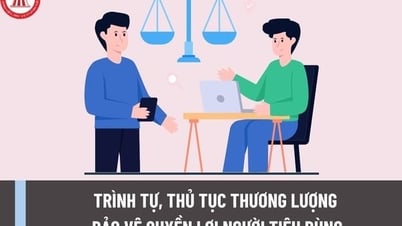























Comment (0)